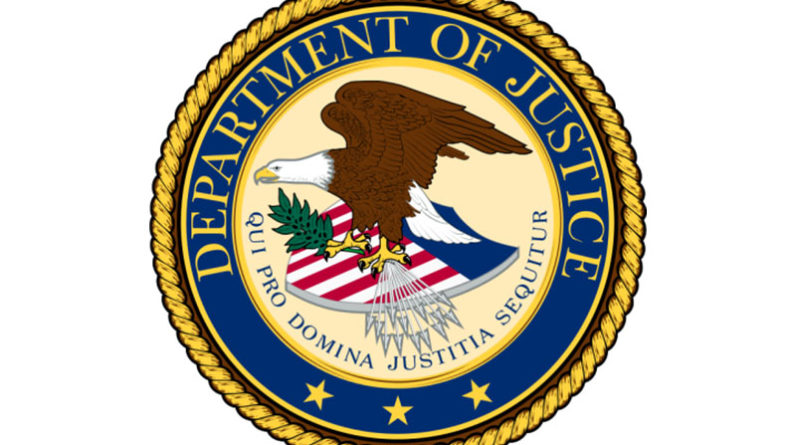A federal jury found three individuals associated with dozens of hospice and home health companies, Rodney Mesquias, 47, Henry McInnis, 47, and Francisco Pena, 82, guilty for their roles in a $154 million healthcare fraud scheme, one of whom was a mayor in Texas at the time. According to evidence presented at trial, from 2009 to 2018, Mesquias, McInnis, and Pena engaged in a scheme that involved over $150 million in false and fraudulent claims for hospice and other healthcare services. Mesquias owned and controlled the Merida Group, a large healthcare company that operated dozens of locations throughout Texas. McInnis was CEO. Pena, a licensed physician, was a medical director for the Merida Group and was at the time the mayor of Rio Bravo, Texas. According to evidence presented at trial, the Merida Group enrolled patients with long-term incurable diseases, such as Alzheimer’s and dementia, at group homes, nursing homes, and in housing projects by falsely telling them that they had less than six months to live, and sent chaplains to lie to the patients and discuss last rites and preparation for their imminent death. In fact, the patients were not suffering from a terminal illness that was expected to result in their death within six months, as is required to qualify for hospice services, and were in some instances walking, driving, working, and even coaching athletic sporting events, the evidence at trial showed. However, the defendants kept the patients on services for multiple years in order to increase revenue. Mesquias also fired employees who refused to go along with the fraud, and directed them not to “[expletive] with his patients, or [expletive] with his money” by discharging patients from services, the evidence at trial showed. Pena told a cooperating witness that, with respect to hospice patients, “the way you make money is by keeping them alive as long as possible,” according to trial testimony.







